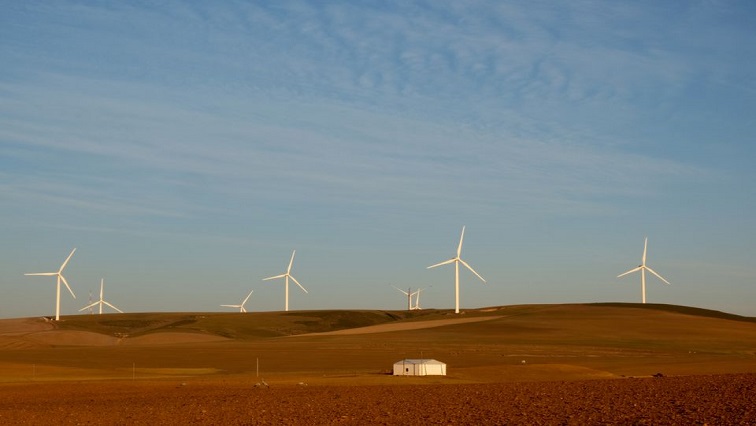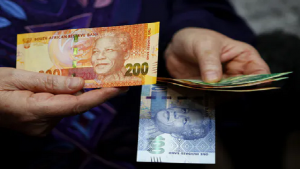The Organisation for Economic Co-operation and Development (OECD) says the country’s economic growth outlook remains bleak. Acting Chief Economist of OECD, Álvaro Pereira, expects South Africa’s annual GDP to grow by 1.8% this year, decreasing to 1.3% in 2023. He was speaking at the launch of the 2022 OECD Economic Survey of South Africa.
The OECD survey provides detailed policy recommendations for reforming the country’s energy sector such as facilitating the entry of renewable energy producers into the electricity market. It also looks at state-owned enterprises, social protection, and the labour market. Acting Chief Economist of the OECD, Álvaro Pereira, elaborates on reasons for the slow economic growth.
“This is happening in quite a lot in parts of the world in which we have a slow -down in economic activity partly because of the international challenges that we are having. And the recent flooding in KwaZulu-Natal, soaring food and energy prices, electricity cuts and the consequences of the Russia war against Ukraine are also contributing to a challenging outlook. Electricity shortages have become the most internal bottleneck to growth and so this is why it’s so important to hasten reforms in the energy sector.”
The organisation, however, applauded government’s efforts in providing relief to poorer households through the social relief of distress grant. It says government quickly stepped-up social measures to limit the impact of COVID-19 to poorer households, by providing R500 billion through the social relief of distress grant. The OECD says this policy response also helped the economy rebound strongly in 2021.
“South Africa was hit hard by the pandemic, and even further government managed the crisis well thanks to strong government support amounting to R500 billion or 10% of GDP. The economy rebounded strongly in 2021 and improved by almost 5%. This policy response also limited the social economic impact but the steep increases in energy and food prices are undermining confidence and herding consumption,” explains Isabell Koske, OECD’s Head of Country Studies.
Reduce corruption
The OECD wants government to address spending needs in health and education and manage the escalating debt to GDP ratio. The policy report proposes ways to increase tax revenues, boost productivity and gives advice to improve infrastructure. It proposes that government should reduce corruption to restore public finances in SOEs and establish an effective governance framework for the enterprises.
“Underperformance of SOEs remain quite widespread, increasing the pressure on public finances. Addressing SOEs underperformance requires the bold and swift implementation of the SOEs reforms announced since 2019. South Africa needs to establish an effective governance framework of SOEs and that clear company specific objectives in terms of profitability expectations, capital structures and non- financial objectives,” Pereira adds.
Deputy Minister of Finance David Masondo welcomed the report. He says its addresses many challenges government is facing and they are already undertaking certain proposals like energy reforms.
“Progress in tackling unemployment, poverty, inequality remain insufficient, the roots of our growth challenges are well understood. Low levels of productivity and competitiveness are inhabiting job creation and it is for this reason that our government is focusing in implementing structural reforms to raise growth while embarking on the path to stabilising our debt.”
The OECD proposes educational campaigns on COVID-19 vaccinations be increased, improving the quality of the country’s ports, rails and roads infrastructure and increasing access to broadband connection and high speed internet. It also proposes different ways to raise taxes to reduce fiscal deficit, like increasing VAT.
SA criticised for slow implementation of reforms meant to turn the sluggish economy around:



